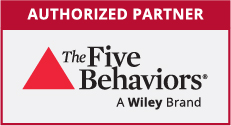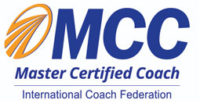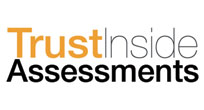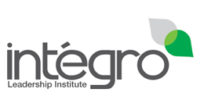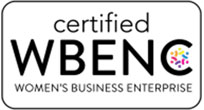By Mark Scullard, Wiley’s Senior Director of Innovation and Research
2023 proved to be another year of rapid evolution in the world of work. Economic and global instability, the omnipresence of organizational change, and advancements in AI kept everyone on their toes as leaders and organizations considered how to navigate, and lead, in an unsteady environment.
Over the last year, Wiley Workplace Intelligence brought readers workplace research on topics from The Great Resignation, AI, and Psychological Safety to Navigating Change, Emotional IQ and more. As we reflect on 2023, we found that the three most popular Wiley Workplace Intelligence topics included: Understanding and Growing Your Emotional Intelligence, Navigating Change, and Psychological Safety at Work.
This provides great insight into what topics were top of mind for readers, and while more tangible topics like the advancements in AI, skills gaps, and the ever-present in-person or remote work conundrum will always be there, people/soft skills rose to the top of the list of priorities of what our readers wanted in 2023.
Future of Work in 2024
Wiley Workplace Intelligence set out to gain insight into what leaders are predicting as challenges in the upcoming year as the workplace (and the world) continues to evolve. What priorities are top of mind as we transition to 2024? Will people/soft skills continue to be an area in which people seek education and support? Or is achieving results more important? And how can Wiley Workplace Intelligence continue to illuminate and educate on emerging workplace trends?
We surveyed 2,000 people to understand what they saw as both priorities and challenges in 2023 and what they predict for the upcoming year. A large majority of respondents shared that managing the well-being of their people with achieving results continues to be priority across the board. Despite that challenge, a vast majority of respondents reported that they are optimistic about their future with their organization – now that is a 2024 trend to be excited about.
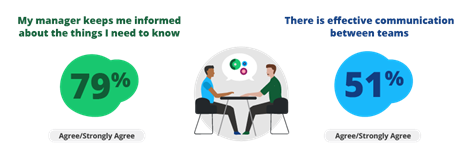
This 28% difference illuminates an opportunity for organizations to do more work around developing effective communication between teams – especially in light of the instability around organizational change, technology advancements, and restructuring.
The interesting part is where they diverge, with in-person employees least likely to agree that there is effective communication between teams. At the beginning of the pandemic, when many organizations went fully remote, there was increased equity around how people received communication – often with mass emails, internal social media channels, etc. Now that hybrid and in-person models are reemerging, there could be some inconsistency around how organizations are (or are not) unifying their communication efforts, with remote employees reporting the most effective communication between teams.
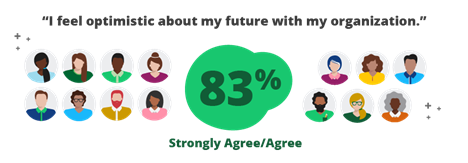
Managing Well-Being and Results Tops List of Challenges
Half of respondents reported that managing well-being and results topped the list of most significant leadership challenges in 2023. With the evolution of the workplace, this tricky balance has been on our radar and managers bear the brunt of responsibility when it comes to creating environments that prioritize employee well-being and achieving results.
Taking time to truly know and understand your people is a great first step in moving towards having greater balance at work. Understanding their personality and work preferences can provide insight into how to approach change, achieving results, and effective communication – all of which lead to greater balance and well-being at work.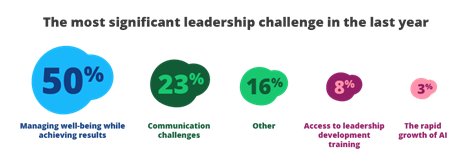
Over Half Predict Same for 2024
When predicting what challenges will top the list for leaders in the year ahead, over half of respondents reported the same – that managing well-being and results will continue to be a challenge in the new world of work that increasingly prioritizes work/life balance and flexibility.
As organizations seek to course-correct after the disruptions of the last few years, there will no doubt be continued change and turbulence in the workplace. Finding a way to strike a balance between well-being and results will be imperative to creating organizational cultures that promote wellness and meets the bottom line.
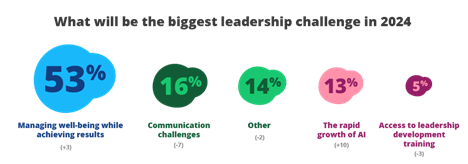
Overall, we found that soft skills, or people skills, are high priorities for the individuals we surveyed. And whether you are looking to hone your leadership skills or learn more about how to find (and lead with) balance, assessment and facilitated learning experiences like Everything DiSC® and The Five Behaviors® create the foundation for building effective people/soft skills.
People/soft skills are defined as effective communication, emotional intelligence, adaptability, and teamwork. These skills provide the foundation for building psychologically safe workplaces, help people navigate change more intuitively, and promote cohesive teamwork – all skills needed to navigate the more tangible challenges that will no doubt continue to emerge as we move into 2024.
To learn more, connect with Laura A. Davis and Associates, your Everything DiSC, PXT Select, and Five Behaviors Authorized Partner.




